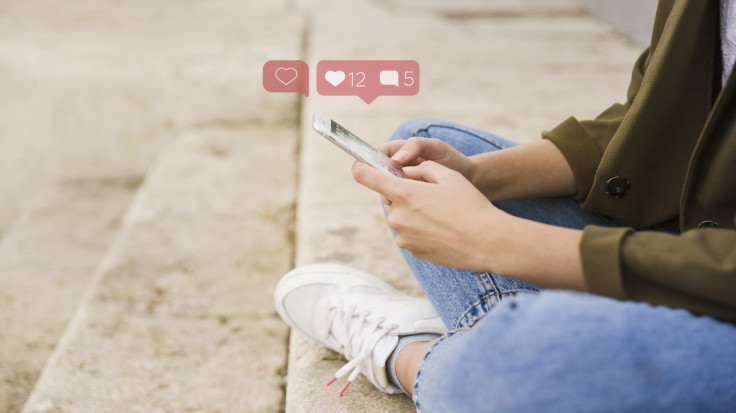
The American Psychological Association (APA), a top group in the country, urged lawmakers and social media companies to do more to protect minors from the networks' impact on their mental health.
Features like endless scrolling and push notifications are "particularly risky" addictive experiences, and the fact that their brains have not fully developed yet mean it's harder for them to disengage, the association said.
The group also requested fundamental design changes, rather than cosmetic ones like age restrictions, as kids usually find ways around them.
"The platforms seem to be designed to keep kids engaged for as long as possible, to keep them on there. And kids are just not able to resist those impulses as effectively as adults," APA chief science officer Mitch Prinstein said, adding that more than half of teens report at least one symptom of clinical dependence on social media. "Although some platforms have experimented with modest changes, it is not enough to ensure children are safe," he said.
Authorities have began taking steps in this direction, even if the measures are not deemed sufficient by the APA. Florida passed a law in late March that bans social media accounts for children under 14 and requires parental permission for those aged 15 and 16. California lawmakers also introduced a bill to protect minors from social media addiction.
Several states have sued apps like TikTok, Meta's Facebook and Instagram, accusing them of harming young users' mental health through features that demand their constant attention. Dozens of state attorney generals did so with Meta in October last years, claiming its products have harmed minors and contributed to a mental health crisis in the country.
"Meta has profited from children's pain by intentionally designing its platforms with manipulative features that make children addicted to their platforms while lowering their self-esteem," said Letitia James, the attorney general for New York.
Moreover, a new book by New York University social psychologist Jonathan Haidt suggests parent shouldn't give their kids smartphones until they turn 16, saying the shift from "play-based" to "phone-based" childhoods is making them miserable.
"The Anxious Generation: How the Great Rewiring of Childhood Is Causing an Epidemic of Mental Illness," claims that this lifestyle is causing "social deprivation, sleep deprivation, attention fragmentation and addiction."
Hispanics have a higher percentage of their population between the ages of 10 and 18 with high usage of social media than any other group in the country. The majority of Latino parents (71%) said that their teenagers and pre-teens are active users of social media, according to a report titled "Parents of Latino Youth Social Media and Mental Health Survey." One-third of Latino parents said that their children are "almost constantly" on social media.
© 2025 Latin Times. All rights reserved. Do not reproduce without permission.




